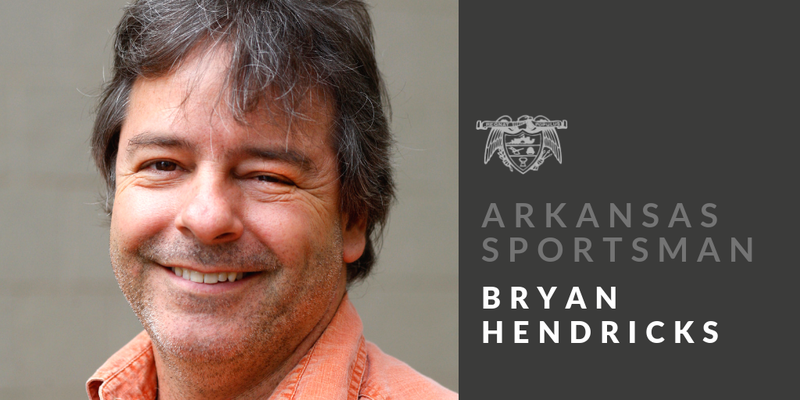As Arkansas Game and Fish Commissioner Bill Jones said in the commission's last meeting, critical thinkers reserve the right to change their opinions when they get new and better information.
As we learn more about chronic wasting disease, the Arkansas Game and Fish Commission, hunters and non-hunters should be open to adapting their opinions about deer hunting.
Before 1997, we managed deer largely in a data vacuum.
Later, as public deer managers incorporated Quality Deer Management principles into statewide management strategies, deer management evolved based on volumes of scientific data.
Accumulated data from studying chronic wasting disease compels us to adapt our deer hunting doctrine yet again. It also tells us that practices that have long been illegal might be logical solutions.
According to the Game and Fish Commission, deer spread CWD through physical and passive contact. An infected deer can spread CWD prions through grooming (licking another deer) or through merely touching noses. They can also spread it by consuming food that's contaminated with the urine or saliva of an infected deer. Deer cover a lot of territory. If a local herd has a high prevalence rate, the chances are greater for infected deer from that herd to spread CWD to areas of lower prevalence.
Night hunting is a logical solution. It is illegal to hunt deer at night because it is so easy to kill deer at night. That is precisely why it would be an effective tool for reducing CWD prevalence. AGFC staff shoots deer at night to gather test samples. Citizen hunters could take vastly more samples and vastly increase the data pool.
To regulate night hunting activity on private land, the commission could offer a night hunting license. People would buy it, and they would buy the equipment necessary to do it, which would provide additional funds through the Federal Aid in Wildlife Restoration Act. Such a permit would tell the AGFC exactly who is participating legally. A permit stipulation could require night hunting license holders to submit samples for CWD testing from every deer they kill.
In partnership with Arkansas State Parks, the AGFC could conduct controlled night deer hunts on state parks. Many state parks contain too many deer which sortie at night to private property where they eat ornamental shrubs and damage vehicles. Deer/vehicle collisions almost always kill the deer. Roadkills are wasted. High concentrations of deer in parks is a CWD outbreak waiting to happen. That's a lose-lose proposition.
Night hunting in state parks is a win-win solution. Arkansas State Parks receives an equal share of the 1/8-percent conservation sales tax receipts as does the AGFC. The AGFC accommodates non-hunting activities on wildlife management areas. State parks should make an equal effort to accommodate hunting activity on its properties.
Hikers, cyclists and other non-hunting visitors are absent from parks at night, so controlled hunts would be out of view and done quietly with suppressed rifles or big-bore air rifles. A requirement to hunt from elevated stands would ensure that all shots are aimed at the ground.
Success would reduce environmental damage within parks that excessive numbers of deer inflict on sensitive vegetation. It would also reduce the number of deer available to damage private property beyond park boundaries.
Some hunters will argue that hunters would kill too many mature bucks in controlled night hunts. So? The AGFC tells us that mature bucks are highly vulnerable to CWD. A trophy buck that dies from disease is wasted and benefits nobody.
In addition to requiring CWD samples from deer killed in controlled hunts, the AGFC could require that hunters donate a portion to Arkansas Hunters Feeding the Hungry or to other services that feed the homeless and other nutrition-insecure communities within our communities.
Many cities have long used controlled hunting to help manage urban deer populations. Almost all urban hunting is archery only and is conducted in daylight. Hog and predator hunters spend a ton of money on night-hunting equipment. Allowing them to hunt deer at night might infuse a new level of excitement and enthusiasm into the sport.
The most current information points that direction, but the distance from here to there is probably decades wide.
